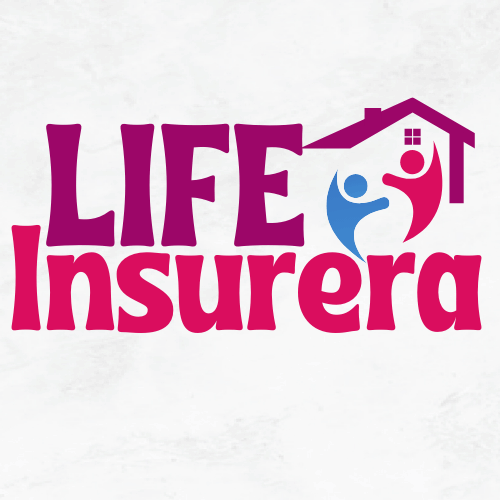Life is a continuous journey marked by periods of immense challenge, significant change, and deep introspection.
While many people believe counseling is reserved only for moments of crisis, the truth is that engaging with a professional therapist can be a powerful tool for personal growth, resilience building, and maximizing fulfillment at any stage.
It is an investment in self-awareness that yields benefits across all aspects of life, from relationships to career. Recognizing that seeking help is a sign of strength, not weakness, opens the door to various forms of guidance.
Understanding the different types of support available can help you identify which service might best serve your needs when facing a particular crossroads.
Guidance Through Major Life Transitions: Career and Vocational Counseling
Major life transitions—such as graduating, changing careers, re-entering the workforce, or retiring—can bring uncertainty and anxiety. Career and vocational counseling offers structured support to navigate these shifts.
A counselor helps clients identify core values, skills, and interests, and align them with professional goals.
They can assist with decision-making processes, identify obstacles to success, and provide strategies for managing the stress inherent in significant occupational changes, ensuring a smoother and more confident path forward.
Strengthening Core Bonds: Specialized Marriage Counseling
Relationships are the anchors of our lives, yet they often face turbulent waters. When communication breaks down, conflicts become chronic, or trust is damaged, specialized support is invaluable.
Seeking out professional marriage counseling provides partners with a neutral space to address these deep-seated issues. A therapist teaches effective communication techniques, helps identify dysfunctional patterns, and rebuilds empathy.
This intervention is not just for couples on the brink of separation; it can be a preventative measure to fortify a healthy relationship during times of stress, like becoming new parents or dealing with financial pressure.
Addressing Foundational Well-being: Comprehensive Mental Health Counseling
Everyone deserves a chance to manage life’s emotional demands effectively. If you experience persistent anxiety, symptoms of depression, chronic stress, or are struggling to cope with grief or trauma, comprehensive mental health counseling is a vital resource.
A licensed therapist can diagnose mental health conditions and provide evidence-based treatments such as Cognitive Behavioral Therapy (CBT) or psychodynamic therapy.
This counseling provides essential tools to regulate mood, change negative thought patterns, and develop robust coping mechanisms for long-term emotional stability and better overall quality of life.
Navigating Grief and Loss
Loss is an inevitable part of the human experience, but the intensity and duration of grief can be overwhelming. Grief counseling offers a safe environment to process loss—which can range from the death of a loved one to the end of a significant job or relationship.
Counselors guide individuals through the stages of mourning, teaching healthy ways to cope with profound sorrow and readjust to a life changed by absence. They help validate the client’s feelings and facilitate the necessary healing process, ensuring grief doesn’t become debilitating.
Family System Dynamics: Systemic Family Therapy
When an issue affects one member of a family, it often impacts the entire unit. Systemic family therapy views problems within the context of family relationships.
This type of counseling is beneficial for managing conflict between siblings, addressing parental challenges, or navigating divorce. The therapist works with all family members present to improve communication, establish healthier boundaries, and change relational patterns.
The goal is to strengthen the family unit, creating a more supportive and functional environment for everyone involved.




